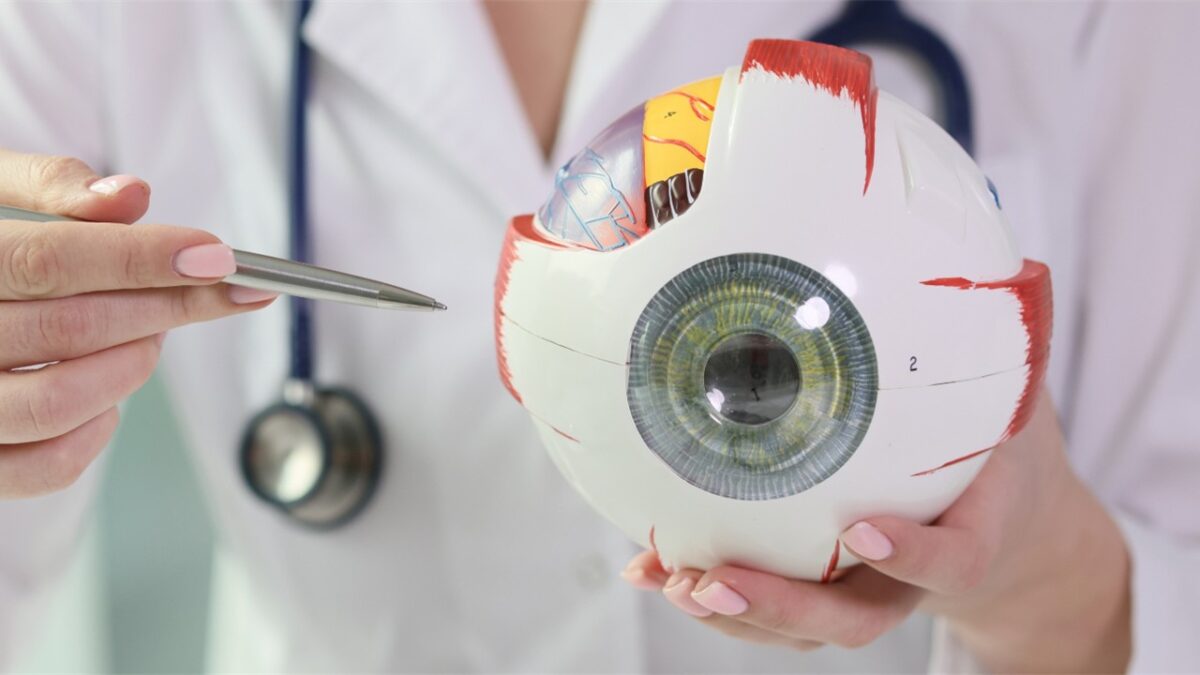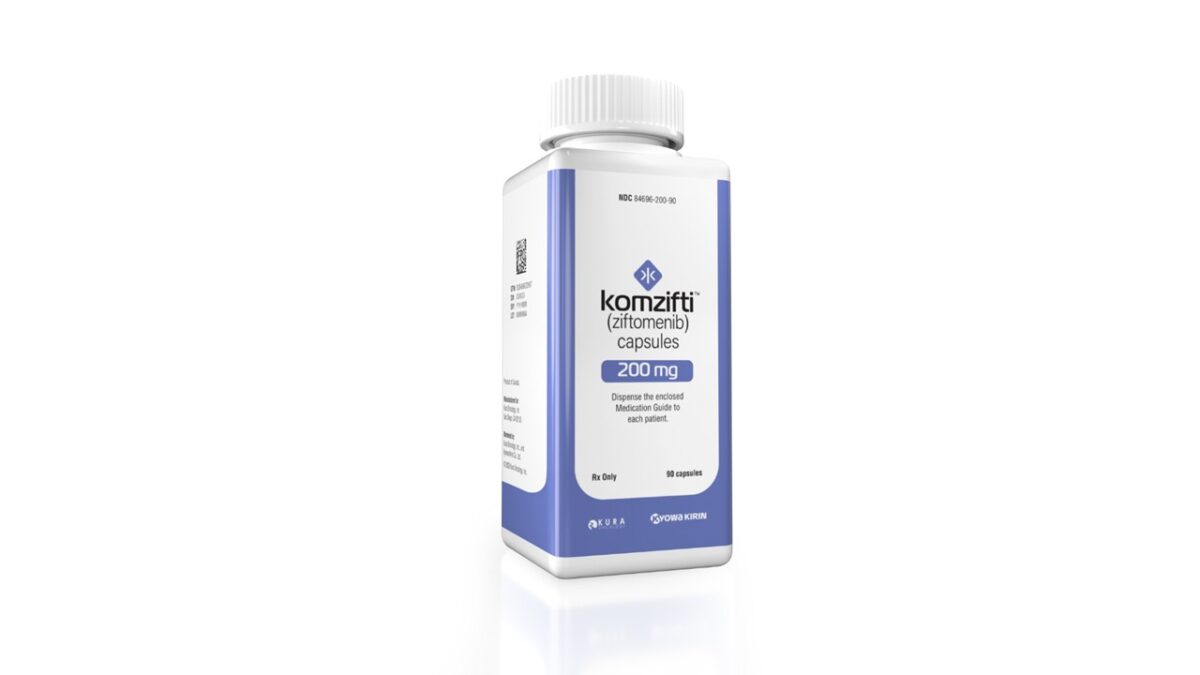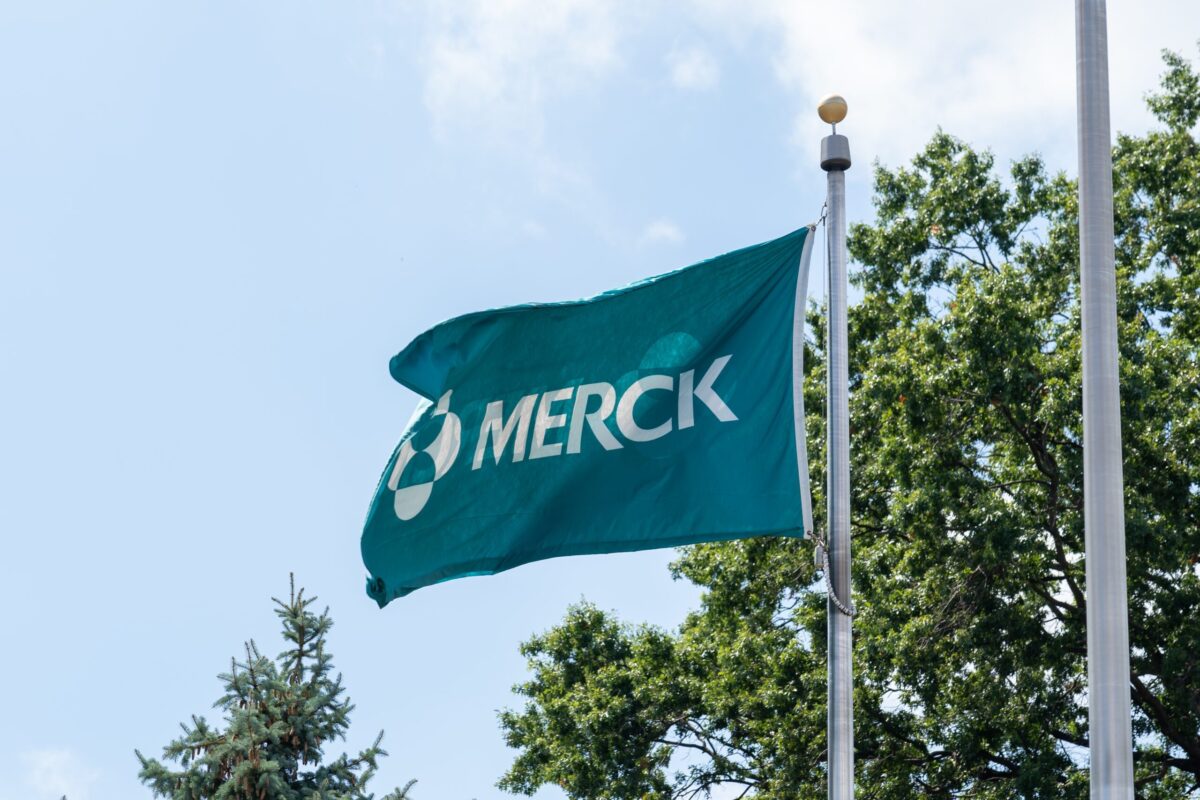Shoulder Innovations has gone public, raising $75 million by selling 5 million shares at $15 each. Its common stock began trading under the ticker symbol “SI” on the NYSE on July 31, 2025. Underwriters also hold a 30-day option to sell an additional 750,000 shares.
Current Share Price:
The Michigan-based medical device company develops technology specifically for shoulder surgery. Its main focus is shoulder joint replacement, also known as shoulder arthroplasty. This procedure helps restore movement and reduce pain in patients with severe conditions like arthritis, fractures and rotator cuff tears.
The global shoulder replacement market is valued at nearly $3 billion and is projected to exceed $4.5 billion by 2030. Growth is driven by an aging population, wider access to outpatient surgery and improvements in implant design.
In the US, shoulder arthroplasty volumes nearly tripled between 2011 and 2017, with over 100,000 procedures performed each year. Reverse total shoulder arthroplasty was the most common type, making up over 60% of these cases.
Shoulder Innovations offers a connected set of tools designed to improve every step of the shoulder surgery process. These tools include shoulder implants, an FDA-cleared AI-powered planning software called ProVoyance and compact instrument trays that help surgeons perform procedures more quickly and accurately.
XTALKS WEBINAR: Biomedical Polyurethane Technologies for Medical Device Innovation
Live and On-Demand: Monday, September 8, 2025, at 1pm EDT (10am PDT)
Register for this free webinar to gain a detailed examination of key polyurethane technologies, highlighting their unique value and performance in various applications, including vascular interventions, orthopedics, diabetes care, drug delivery and soft tissue integration.
A common reason patients need a second shoulder surgery is that the implant socket can become loose over time. This issue is harder to manage in patients with damaged bone or unusual anatomy.
At the center of its implant lineup is the InSet Glenoid, an FDA-cleared Class II device designed to fit more securely into the shoulder socket. This implant aims to reduce long-term problems like loosening, which can lead to revision surgeries. Unlike traditional implants that sit on top of the bone, the InSet Glenoid is designed to sit slightly inside it. This could help it stay more stable and heal better after surgery. The implant supports both anatomic and reverse total shoulder replacements, providing flexibility for different patients and procedures.
The ProVoyance software — listed among the FDA’s authorized AI/ML-enabled devices — transforms standard CT scans into 3D images of a patient’s anatomy, allowing surgeons to plan procedures more accurately.
Research has found that orthopedic procedures performed in high-volume ambulatory surgery centers (ASCs) — like shoulder arthroplasty — were associated with fewer complications and lower readmission rates.
Shoulder Innovations’ streamlined, two-tray instrument system helps reduce surgical setup time, sterilization needs and room space requirements. This makes it particularly suitable for outpatient surgery centers. Outpatient shoulder arthroplasty has seen significant growth, with procedures in ASCs increasing from under 1% to nearly 20% by 2017.
About $55 million of the IPO proceeds will support hiring, commercial leadership growth and inventory expansion. Approximately $7.5 million will fund R&D, including new devices for fractures, metal-sensitive implant options and stem designs for future applications. The remaining funds will support working capital and general operations.
Shoulder Innovations’ pipeline includes new designs for humeral stems, surgical solutions for complex revision cases and potential entry into related fields like sports medicine and shoulder trauma.
While the company currently focuses on the US market, it may expand internationally.
Other companies in the shoulder implant space are also working on improving socket fixation and surgical efficiency. Exactech recently launched a reverse shoulder system meant to simplify revisions in cases of glenoid loosening. And earlier this year, Avatar Medical received FDA clearance for its VR-based surgical planning tool, highlighting the growing use of visual tech to assist in pre-surgery planning.
If you want your company to be featured on Xtalks.com, please email [email protected].












Join or login to leave a comment
JOIN LOGIN